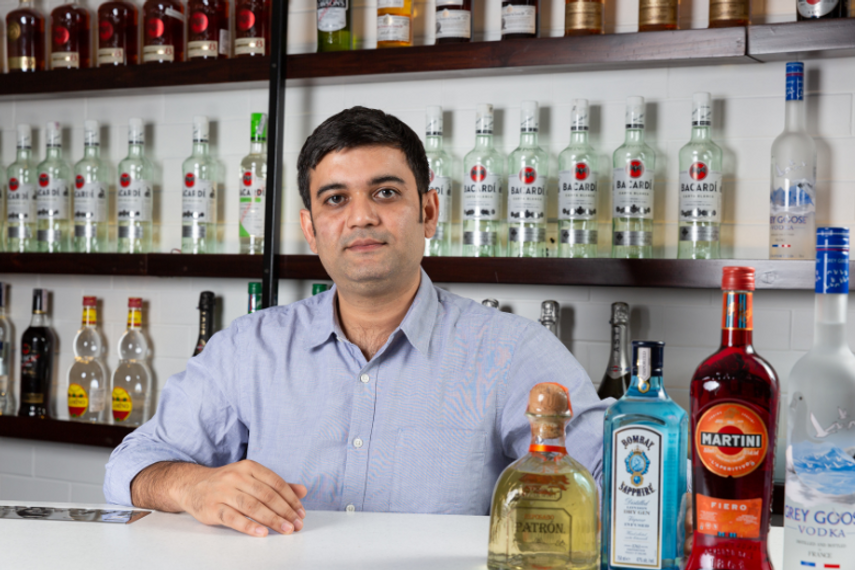
Please sign in or register
Existing users sign in here
Having trouble signing in?
Contact Customer Support at
[email protected]
or call+91 022 69047500
Adtnu Tiwari, senior manager - premium white spirits, Bacardi India, chatted with Campaign India about the brand's sustainable endeavours, marketing strategies and how Bombay Sapphire is addressing challenges in the white spirits ecosystem

Contact Customer Support at
[email protected]
or call+91 022 69047500
Top news, insights and analysis every weekday
Sign up for Campaign Bulletins
EXCLUSIVE: Less M&A, more CX. Campaign Asia speaks with Havas’ global and regional leads about how the network is reshaping its business with CX at the core, avoiding the temptation of scale, and its plans in APAC.
The joy of retail serendipity is fading—61% now shop online for convenience, while 36% miss the thrill of unexpected finds, says Criteo report.
EXCLUSIVE: Less M&A, more CX. Campaign Asia speaks with Havas’ global and regional leads about how the network is reshaping its business with CX at the core, avoiding the temptation of scale, and its plans in APAC.
DoubleVerify alleges that the findings of Adalytics’ GIVT report are misleading and that the firm has a track record of misrepresenting verification technology and data.